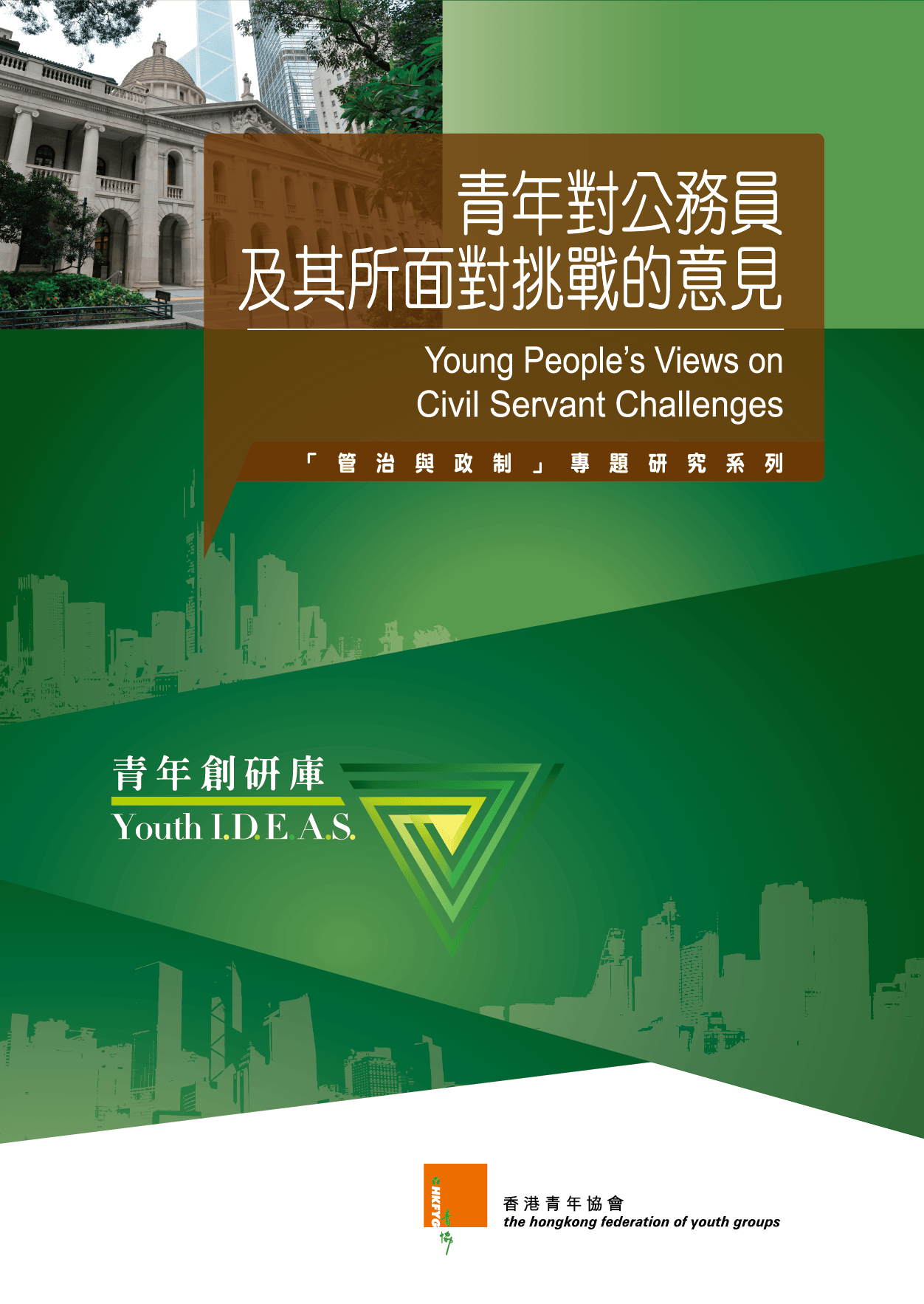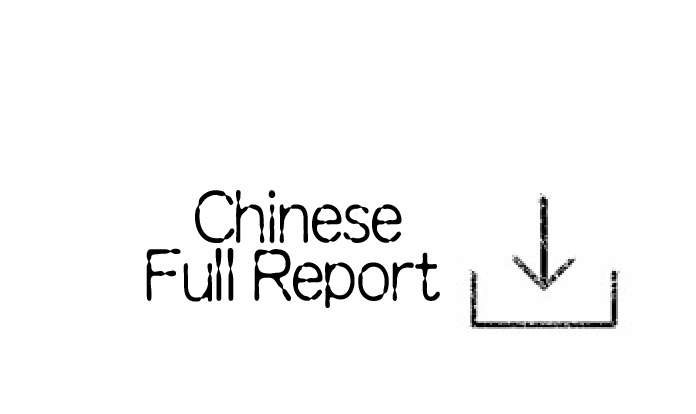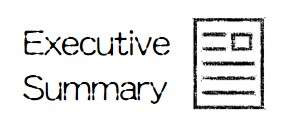Young People’s Views on Civil Servant Challenges
Youth I.D.E.A.S. 15
Governance and Constitutional Development
Young People’s Views on Civil Servant Challenges
30 October, 2016
 Civil servants are an essential part of the government, and are vital to maintaining good governance. They also play an important role in executing policies and striving for public trust, thereby fostering social development and effective governance.
Civil servants are an essential part of the government, and are vital to maintaining good governance. They also play an important role in executing policies and striving for public trust, thereby fostering social development and effective governance.
According to the Basic Law of the Hong Kong Special Administrative Region (HKSAR) of the People’s Republic of China (hereafter called “Basic Law”), public servants are a key component of the HKSAR’s political structure. The Basic Law stipulates that public servants (including civil servants) must be dedicated to their duties and are responsible to the HKSAR government[1].
In recent years, the number of HKSAR government civil servants has hovered around 160,000, while the government receives several hundred thousand applications for the civil service jobs every year. In the year 2011/12, the number was particularly high, with around 880,000. However, government figures showed a trend of resignation among young civil servants. The number of resignations among civil servants aged 39 or under increased from 519 in 2012/13 to 787 in 2015/16.
Along with the rapid changes in society, citizens’ expectations of public services grow and change constantly. The complex sociopolitical environment has represented a hurdle to governance. This also puts tremendous pressure on civil servants at work. The trust between civil servants and the public is in a critical situation. The challenges faced by civil servants arouse our concern.
This study aims to explore the challenges faced by Hong Kong civil servants in today’s challenging environment from young people’s views. Recommendations to improve the situation will be proposed.
In conducting this research, data were collected for analysis through a random sampling telephone survey of 523 young people aged 18 to 39; face-to-face case studies of 20 young people, some of whom were civil servants; and interviews with four scholars and/or experts.
Discussion
- The respondents acknowledged the role and contribution of civil servants. However, amidst a general atmosphere of complaint, some civil servants prefer to follow traditions in order to avoid provoking complaints about mistakes during innovation. This will adversely affect the quality of public services in the long run.
- Amidst the ever-changing social environment, the following areas of the civil service are worthy of attention.2.1 The public has high expectations of the responsiveness and accountability of public services, while civil servants attach importance to guidelines and procedures. There is a gap between the two.
2.2 Society is getting more politicized, which makes it harder for civil servants to adhere to core values at work. They need to improve their coping ability.
2.3 The mutual trust between civil servants and the public is insufficient. The public demands transparency regarding public services. The so-called “squeezing toothpaste” approach to provide information used by the government seems no longer able to meet the needs of the community
- Civil servants encountered three major challenges in recent years, and viable solutions are needed.3.1 Political Pressure
3.2 Mutual trust with politically appointed officials
3.3 Talent Attraction
Recommendation
- Organizing a Civil Service Week/ Day to enhance mutual trust and understanding between the government, civil servants, and the public.
- Conducting regular opinion collection exercises to strengthen communication.
- Strengthening the transparency of government departments through information provision to enhance trust between civil servants and the public, and to build a responsible image of the civil service.
- Affirming and consolidating the professionalism of the civil service.
[1] Basic Law Article 99.




